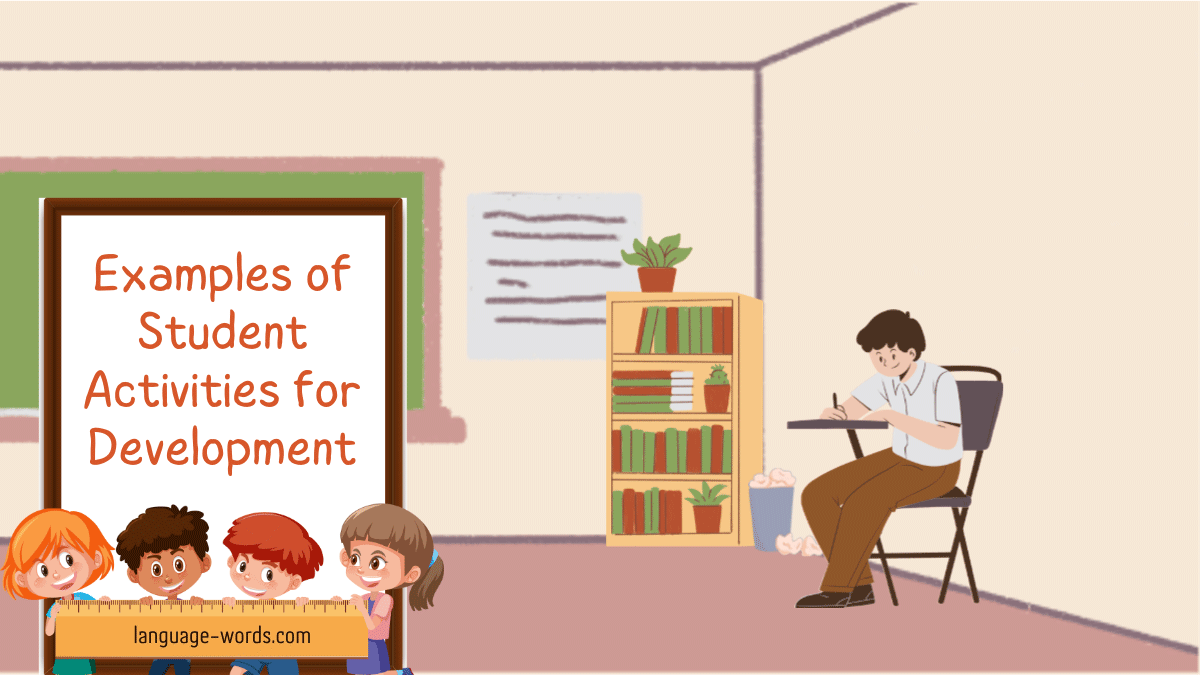When it comes to student activities, the possibilities are endless. From clubs and organizations to sports teams and community service projects, there are countless opportunities for students to get involved and make the most of their time in school. In this article, I’ll be sharing some exciting examples of student activities that not only enhance their educational experience but also foster personal growth and development. Whether you’re a student looking for new ways to get involved or an educator seeking inspiration for your students, this article will provide you with a wide range of ideas to explore. So, let’s dive in and discover the diverse world of student activities together!
From academic competitions to creative arts showcases, student activities offer a platform for students to showcase their talents and passions. These activities not only provide an outlet for self-expression but also encourage students to explore new interests and develop valuable skills. In this article, I’ll be highlighting some standout examples of student activities that not only promote teamwork and collaboration but also instill a sense of pride and accomplishment. So, whether you’re a student looking for a new hobby or a parent wanting to support your child’s extracurricular pursuits, stay tuned for some inspiring ideas that will ignite your enthusiasm and inspire you to take action.
In today’s fast-paced and technology-driven world, student activities play a crucial role in helping students develop essential life skills. From leadership and communication to problem-solving and critical thinking, these activities provide a hands-on learning experience that goes beyond the classroom. In this article, I’ll be sharing some innovative examples of student activities that not only engage students but also prepare them for success in the real world. So, if you’re ready to discover the power of student activities and unlock your full potential, keep reading for some exciting ideas that will transform your educational journey.
Definition List For Examples of student activities
Student activities are a vital part of the educational journey, offering opportunities for learning, personal growth, and development. These activities go beyond the classroom, providing students with valuable experiences that complement their academic studies. Below are some examples of student activities that can enhance the overall educational experience:
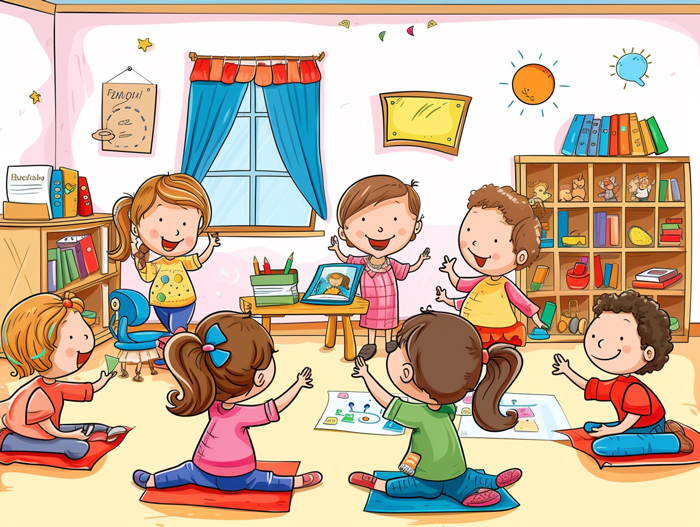
- Sports and Athletics: Participating in sports and athletics helps students develop physical fitness, teamwork, discipline, and sportsmanship. It encourages healthy competition and teaches skills such as leadership, resilience, and time management.
- Clubs and Organizations: Joining clubs and organizations allows students to explore their interests, meet like-minded individuals, and develop a sense of community. Whether it’s a debate club, STEM club, or environmental club, these activities foster creativity, critical thinking, and collaboration.
- Performing Arts: Engaging in music, theater, or dance activities cultivates self-expression, creativity, and confidence. Students develop their talent, learn to communicate effectively, and build stage presence, all while embracing their passion for the performing arts.
- Volunteering: Giving back to the community through volunteering teaches students empathy, compassion, and social responsibility. It instills a sense of gratitude, promotes awareness of social issues, and develops leadership skills through service-oriented activities.
- Competitions and Academic Events: Participating in competitions and academic events, such as science fairs or spelling bees, fosters intellectual growth, critical thinking, and problem-solving skills. These activities encourage students to apply what they have learned and showcase their abilities.
- Leadership Roles: Taking on leadership roles in student government, clubs, or organizations builds skills such as decision-making, communication, and organization. It provides opportunities for students to make a positive impact and develop their leadership abilities.
- Internships and Work Experience: Engaging in internships or work experiences related to their field of interest allows students to gain practical skills, industry knowledge, and real-world experience. This prepares them for future career opportunities and helps them make informed decisions about their career paths.
It’s important for students, educators, and parents to encourage and support student activities as they provide a well-rounded education and contribute to the development of essential life skills.
By providing a range of opportunities for students to participate in activities beyond the classroom, we can nurture their passions, expand their horizons, and prepare them for success in the real world.
Importance of Student Activities
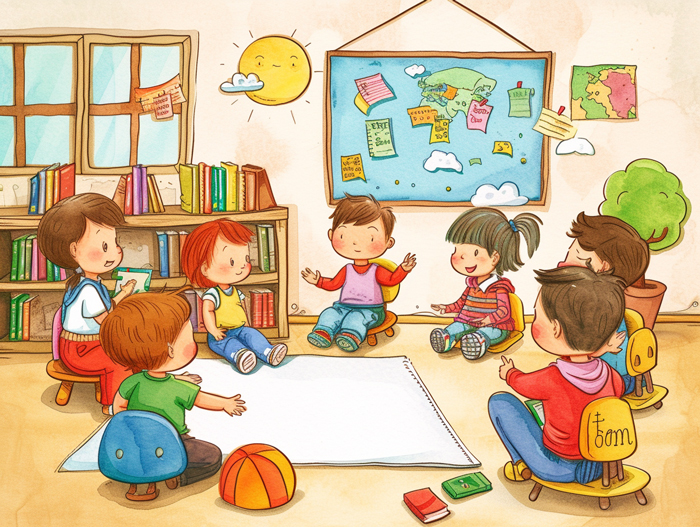
Social Development
Engaging in student activities plays a vital role in promoting social development among students. By participating in group projects, clubs, and organizations, students have the opportunity to interact with their peers, learn effective communication skills, and build valuable relationships. These activities encourage teamwork, collaboration, and compromise, enabling students to develop essential social skills that will benefit them throughout their lives.
Emotional Well-being
Student activities also contribute to the emotional well-being of students. Engaging in activities that they enjoy and excel in helps boost their self-confidence and self-esteem. Whether it’s through participating in sports, performing arts, or being part of a club, students have the chance to showcase their talents and receive recognition and praise, reinforcing a positive sense of self. These activities provide a platform for self-expression, allowing students to explore their interests and passions in a supportive environment.
Cognitive Development
In addition to social and emotional benefits, student activities also have a significant impact on cognitive development. Engaging in academic competitions, leadership roles, and internships or work experience helps students apply their knowledge and skills in real-life situations. These experiences enhance critical thinking, problem-solving, and decision-making abilities, fostering intellectual growth and preparing students for future challenges.
Well-rounded Education
Student activities are not just extracurricular additions to education, but rather an integral part of a well-rounded education. They complement classroom learning and provide practical application of skills and knowledge learned in academic settings. By participating in diverse activities, students develop a range of abilities, including time management, organizational skills, and adaptability, which are essential for success in both academic and professional realms.
Parental Involvement
Parents’ support and encouragement are crucial in enabling students to take full advantage of student activities. Engaging with parents allows educators to provide information about available activities, their benefits, and how they align with students’ interests and goals. When parents actively involve themselves in their children’s activities, they provide a foundation of support and motivation, contributing to the overall success and satisfaction students derive from participating in these activities.
Student activities have a profound impact on students’ social, emotional, and cognitive development. They enhance interpersonal skills, foster self-confidence, and facilitate the application of knowledge in real-life situations. By supporting and encouraging student activities, both educators and parents play a crucial role in providing students with a well-rounded education and helping them develop essential life skills.
Academic Benefits
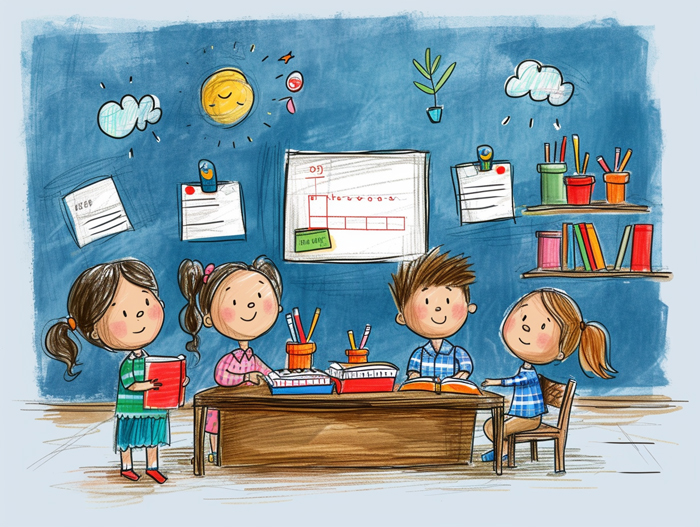
Enhancing Learning
Engaging in student activities has numerous academic benefits. Through participation in activities such as debates, science projects, and math competitions, students have the opportunity to apply what they’ve learned in the classroom. This hands-on approach to learning reinforces concepts and stimulates critical thinking skills. By actively working on projects and solving problems, students develop a deeper understanding of the subject matter.
Additionally, student activities foster collaboration and teamwork, which play an essential role in academic success. Working on group projects or participating in academic clubs allows students to learn from their peers, exchange ideas, and enhance their communication skills. These interactions promote a supportive and inclusive learning environment, where students can collectively explore and expand their knowledge.
Building Leadership Skills
Engaging in student activities also helps to build important leadership skills. Taking on roles such as club president, team captain, or committee chairperson allows students to develop essential qualities such as effective communication, decision-making, and problem-solving. These experiences provide opportunities for students to test and develop their leadership abilities, preparing them for future responsibilities.
Furthermore, student activities often require students to organize events, manage resources, and make important decisions. These responsibilities foster a sense of independence and self-reliance. By taking ownership of their activities, students learn to set goals, manage their time effectively, and prioritize tasks, all of which are valuable skills that extend beyond the academic setting.
Student activities not only enhance learning but also serve as a platform for students to develop valuable leadership skills. By actively participating in these activities, students can apply their classroom knowledge, collaborate with others, and take on roles that foster their growth and development.
Types of Student Activities
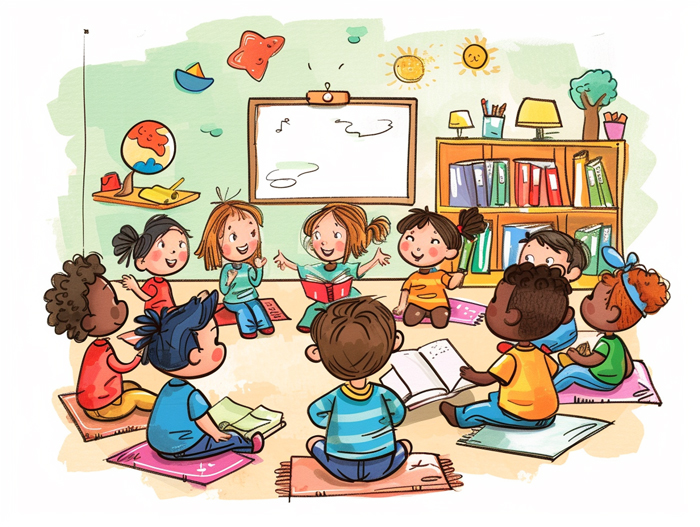
Sports and Athletics
One of the most popular types of student activities is sports and athletics. Participating in sports not only promotes physical health but also teaches important life skills such as teamwork, discipline, and perseverance. Students can engage in a wide range of sports, including:
- Basketball
- Soccer
- Baseball/Softball
- Track and Field
- Volleyball
- Swimming
Engaging in sports helps students develop coordination, motor skills, and a competitive spirit. Moreover, sports activities provide an opportunity for students to learn about sportsmanship, fair play, and resilience.
Clubs and Organizations
Another important type of student activity is joining clubs and organizations. These groups offer students a chance to explore their interests, develop new skills, and meet like-minded individuals. There are various types of clubs and organizations that students can get involved in, including:
- Debate Club
- Science Club
- Art Club
- Chess Club
- Drama Club
- Music Club
Joining clubs and organizations allows students to enhance their knowledge in specific areas, build leadership qualities, and foster creativity. It also provides a platform for students to express themselves and develop their unique talents.
Community Service
Community service is an essential student activity that fosters social responsibility and empathy. Engaging in community service allows students to make a positive impact on their communities and develop a sense of civic duty. Examples of community service activities for students include:
- Volunteering at local shelters
- Cleaning up parks and neighborhoods
- Tutoring younger students
- Organizing fundraisers for charitable causes
Participating in community service activities helps students develop a sense of empathy, compassion, and awareness of the needs of others. It also builds character and cultivates a spirit of gratitude.
By offering a variety of student activities, schools provide students with opportunities for personal growth, skill development, and social engagement. Whether through sports, clubs, or community service, these activities contribute to a well-rounded education and help students develop important life skills.
Examples of Student Activities
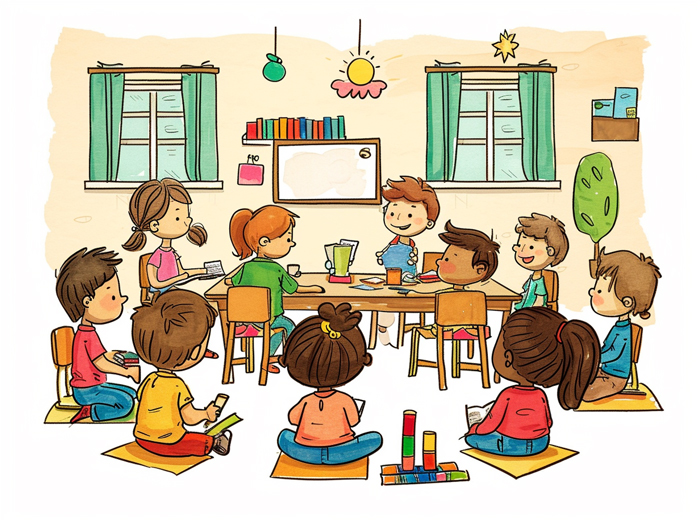
Debate Club
One exciting example of a student activity is the Debate Club. In this club, students engage in passionate discussions and present arguments on various topics. Participating in debates helps students develop critical thinking and public speaking skills. They learn how to construct persuasive arguments, listen to opposing viewpoints, and make informed decisions. The Debate Club also fosters teamwork and collaboration, as students work together to research, prepare, and present their arguments.
Volunteer Work
Another valuable student activity is engaging in volunteer work. Students have the opportunity to give back to their communities and make a meaningful impact in the lives of others. Whether it’s serving at a local food bank, participating in community clean-up projects, or assisting in fundraising events, volunteer work teaches students empathy, compassion, and the importance of helping others. It also enhances their sense of social responsibility, instilling a lifelong commitment to giving back to society.
School Newspaper
A student activity that encourages creativity and develops communication skills is joining the school newspaper. Students can contribute as writers, photographers, editors, or graphic designers. They learn how to research and write articles, capture compelling photographs, and create visually appealing layouts. Being a part of the school newspaper allows students to express themselves, engage with their peers, and bring important stories and information to the school community. It also helps them develop critical thinking skills as they evaluate different perspectives and engage in journalistic practices.
These are just a few examples of student activities that provide valuable learning experiences outside the classroom. By participating in debate clubs, engaging in volunteer work, or joining the school newspaper, students can expand their horizons, develop essential skills, and make a positive impact on their communities.
Conclusion
Student activities play a crucial role in the holistic development of students. They are not simply add-ons to education, but an essential component of a well-rounded learning experience. In this article, we have explored the significance of student activities in promoting social, emotional, and cognitive growth.
We have also discussed the importance of parental involvement in supporting and encouraging student activities. By actively participating in their children’s extracurricular pursuits, parents can provide valuable guidance and motivation.
Throughout the article, we have provided examples of student activities, such as the Debate Club, volunteer work, and joining the school newspaper. These activities offer students opportunities to develop critical thinking, public speaking, teamwork, creativity, and social responsibility skills.
By engaging in these activities, students can broaden their horizons, acquire vital skills, and make a positive impact on their communities. It is through active participation in student activities that students can truly thrive and become well-rounded individuals.
Remember, student activities are not just about having fun; they are about fostering personal growth and preparing students for success in all areas of life. So, encourage your children to explore their interests, get involved, and make the most of their educational journey.

